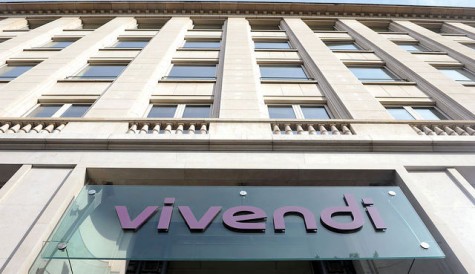Vivendi loses control of Telecom Italia, but Genish stays on
Vivendi lost control of Telecom Italia (TIM) at the end of last week, with its bitter rival Elliott Advisors securing a bigger share of votes and hence a majority for its slate of proposed board members.

Amos Genish
Elliott’s victory meant that its slate secured two thirds of the seats on the TIM board. Fulvio Conti, one of the slate, replaces Vivendi’s Arnaud de Puyfontaine as chairman. The other Elliott slate appointees are Alfredo Altavilla, Massimo Ferrari, Paola Giannotti de Ponti, Luigi Gubitosi, Paola Bonomo, Maria Elena Cappello, Lucia Morselli, Dante Roscini and Rocco Sabelli.
TIM’s new board did however confirm Amos Genish’s appointment as CEO. Genish previously made following the company’s existing industrial plan a condition of his staying on.
Vivendi secured the appointment of five of its slate on the 15-strong board – Genish, De Puyfontaine and independents Marella Moretti, Michele Valensise and Giuseppina Capaldo.
Putting a brave face on the situation, the media company said that it would “be extremely vigilant in ensuring that Amos Genish receives assurance from the Board members presented by Elliott that the 2018-2020 industrial plan can be achieved in its entirety and in all its coherence”.
Welcoming Genish’s appointment, it reaffirmed its “long-term commitment for the telecoms operator” and argued that the measures already taken to improve the company’s profitability were “already bearing fruit”.
Conti said that the board had “full confidence” in Genish and that it would “support [him] in the implementation of the 2018-2020 strategic plan”.
Genish also said that the support of the new board would enable the management team “ to continue implementing the DigiTIM strategy, which is already bearing fruit and delivering the value TIM is capable of creating”.
Ahead of the May 4 shareholders meeting that decided the make-up of the board, Elliott had reiterated that independent directors would “evaluate the merits” of its “value creation proposals…in conjunction with management, to determine whether and when to implement them in the best interest of long-term value creation for all shareholders”.
Elliott, which has been accused by Vivendi of promoting the break-up of the company thanks to its advocacy of a sale of TIM’s infrastructure arm, said that it “trusts the management” to evaluate this plan, and that it also accepted the importance of TIM achieve investment grade status before paying a dividend.
Elliott said that there was “no alternative business plan” for the company to the current one.
TIM still faces the prospect of being fined up to 1% of its annual turnover for its late notification that Vivendi had emerged as the company’s largest shareholder, although the company is expected to make an effort to negotiate the penalty down.



